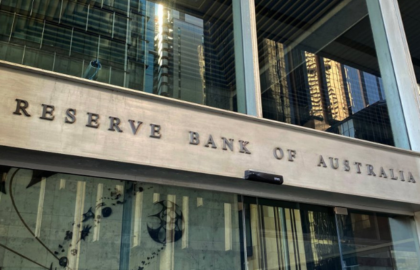
The Australian government has announced a two-year ban on foreign investors purchasing existing homes, a move aimed at improving housing affordability and increasing supply for local buyers. The ban, effective from April 1, 2025, to March 31, 2027, is expected to free up approximately 1,800 homes per year, helping more Australians enter the property market.
Why is the Ban Being Introduced?
Housing affordability has become a pressing issue across Australia, with skyrocketing property prices making it difficult for many first-time buyers to secure a home. The government’s policy intends to:
✔️ Reduce competition in the market by limiting foreign investment in existing properties.
✔️ Ensure more Australians have access to homeownership opportunities.
✔️ Encourage foreign investment in new property developments rather than established homes, boosting the construction industry.
How Will This Impact the Real Estate Market?
The decision to ban foreign purchases of existing homes will have several implications:
✅ More Homes for Local Buyers – With fewer foreign investors purchasing existing properties, more homes may become available for Australians looking to buy.
✅ Increased Focus on New Developments – Foreign investors will still be allowed to purchase new-build properties, which may drive growth in the housing construction sector and lead to more new housing projects.
✅ Potential Stabilization of Housing Prices – While demand from local buyers remains high, removing foreign investment from existing homes may help to slow rapid price growth in some areas.
What Should Buyers and Sellers Expect?
For Australian homebuyers, this policy presents a potential opportunity to enter the market with less competition from foreign investors. However, the overall affordability of homes will still depend on supply levels and broader economic conditions.
For sellers, the removal of foreign buyers could slightly reduce demand in some segments of the market, particularly in high-demand urban areas where international investors were more active. However, domestic buyer interest remains strong, ensuring a competitive market for well-priced properties.
For property investors, shifting focus to new developments may be a strategic move, as foreign capital continues to flow into newly constructed homes and large-scale housing projects. Developers, in particular, may benefit from an increase in demand for off-the-plan properties.

Looking Ahead: What’s Next for Australian Real Estate?
While this two-year ban is designed to create more opportunities for local buyers, it remains to be seen whether it will have a lasting impact on affordability. The real challenge lies in ensuring that enough new homes are built to accommodate Australia’s growing population.
Real estate experts will be watching closely to see how the market responds. Will home prices stabilize? Will local buyers take advantage of new opportunities? How will developers and foreign investors shift their focus? These are all questions that will unfold over the coming years.
Final Thoughts: A Market in Transition
Australia’s real estate market is entering a period of adjustment, and both buyers and sellers will need to navigate these changes strategically. Whether you’re looking to purchase your first home, sell an existing property, or invest in new developments, now is the time to seek expert guidance and stay informed.
📌 Thinking about buying or selling a home? Contact us on 0756 692 490 or 0400 167 597 to discuss how this policy could impact your next move. With the right strategy, you can make informed decisions in an evolving market.








